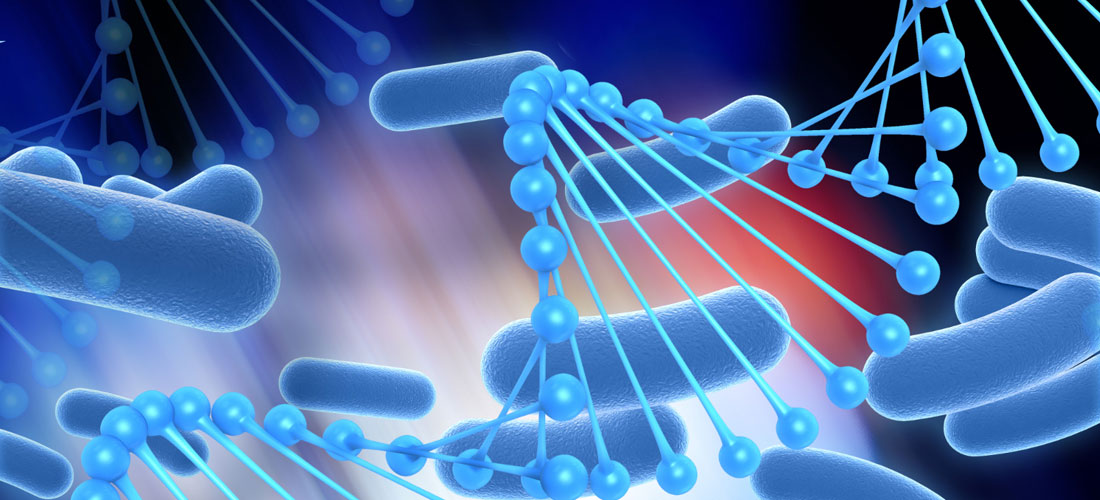Antimicrobial peptides (AMPs) are short, naturally occurring or synthetic peptides that exhibit broad-spectrum activity against bacteria, viruses, fungi, and even cancer cells. As key components of the innate immune system, AMPs represent a promising class of novel therapeutics in the fight against antimicrobial resistance (AMR).

With antibiotic resistance escalating worldwide, antimicrobial peptides (AMPs) have emerged as one of the most promising alternatives to traditional antibiotics. These molecules exhibit rapid bactericidal action, often through membrane disruption, and possess immunomodulatory and anti-inflammatory properties that contribute to host defense.
This session will explore the therapeutic potential, challenges, and future applications of AMPs in both clinical and research settings.
Key topics to be addressed include:
- Structural classes and mechanisms of action of AMPs
- Natural sources: human, microbial, and animal-derived peptides
- Synthetic and engineered AMPs for enhanced stability and selectivity
- AMPs as alternatives to antibiotics for multidrug-resistant infections
- Immunomodulatory roles and potential in chronic inflammatory diseases
- Peptide delivery systems and formulation strategies
- Challenges: toxicity, resistance development, and regulatory barriers
- Clinical pipeline and commercial prospects of AMP-based therapies
This track is designed for biomedical researchers, pharmaceutical scientists, clinical microbiologists, immunologists, and drug development professionals committed to innovation in infectious disease therapeutics.